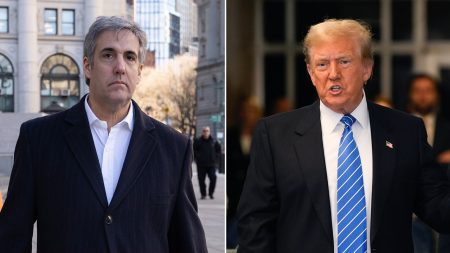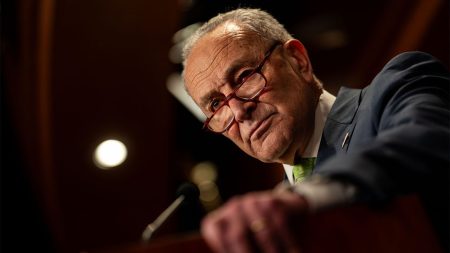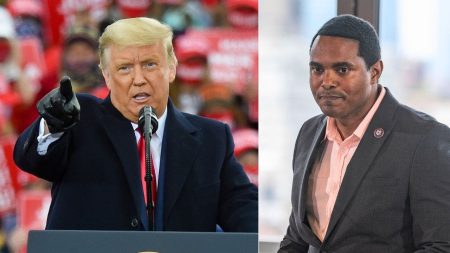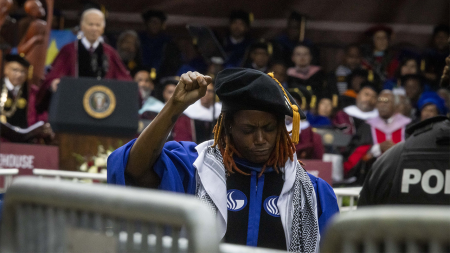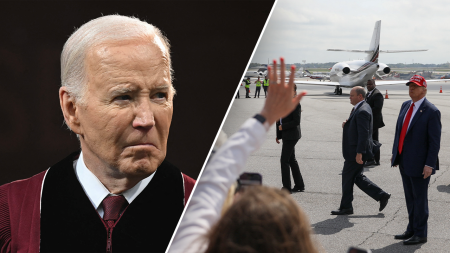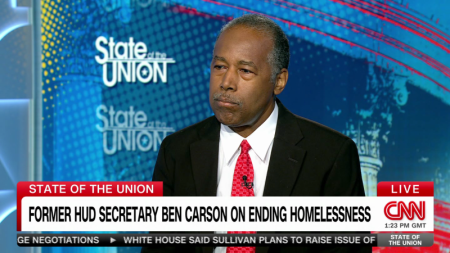Former President Donald Trump faced setbacks in his efforts to have criminal cases against him dismissed, with judges in Georgia and federal courts rejecting his bids to throw out the cases brought by Fulton County District Attorney Fani Willis and special counsel Jack Smith. While the judges have yet to decide on other requests by Trump for dismissal, the prospect of these cases going to trial remains. A trial in another criminal prosecution against Trump for the 2016 campaign hush money case in New York is still on track to begin this month. The delay has been a key part of Trump’s strategy, and he has had success in prolonging pretrial litigation in the cases against him.
In the Georgia and federal cases, as well as a federal election subversion case brought in Washington, DC, Trump has made arguments for presidential immunity, pleading not guilty in all four criminal cases. In the classified documents case in south Florida, US District Judge Aileen Cannon declined Trump’s request for dismissal based on his claim to authority to take classified documents after leaving office. Cannon kept open the possibility for Trump to use this argument in his defense at trial. There are still several outstanding motions for Cannon to decide, including motions to dismiss the case.
In the Georgia case, Fulton County Superior Court Judge Scott McAfee rejected Trump’s argument that his efforts to overturn the 2020 election were protected under the First Amendment, allowing the state racketeering case to move forward. Willis has indicated readiness for trial, but a trial date has not been set. McAfee’s decision comes as fellow defendants in the case consider seeking a gag order against Willis. McAfee previously rejected similar First Amendment challenges in the Georgia case, as did Judge Tanya Chutkan in the federal election interference case in Washington, DC.
While Trump suffered losses in the federal classified documents case with Judge Cannon’s rejection of his dismissal request, prosecutors were also denied more clarity from the judge on how she views the Presidential Records Act in the case. The PRA governs record handling after an administration ends, and Trump claimed authority to decide which documents he could keep. Prosecutors maintained that the PRA was not relevant to the charges and that Trump’s theory was a “fiction.” Cannon’s requests for jury instructions should not be seen as a final declaration on any essential element or defense in the case. The story has been updated with additional reporting.






